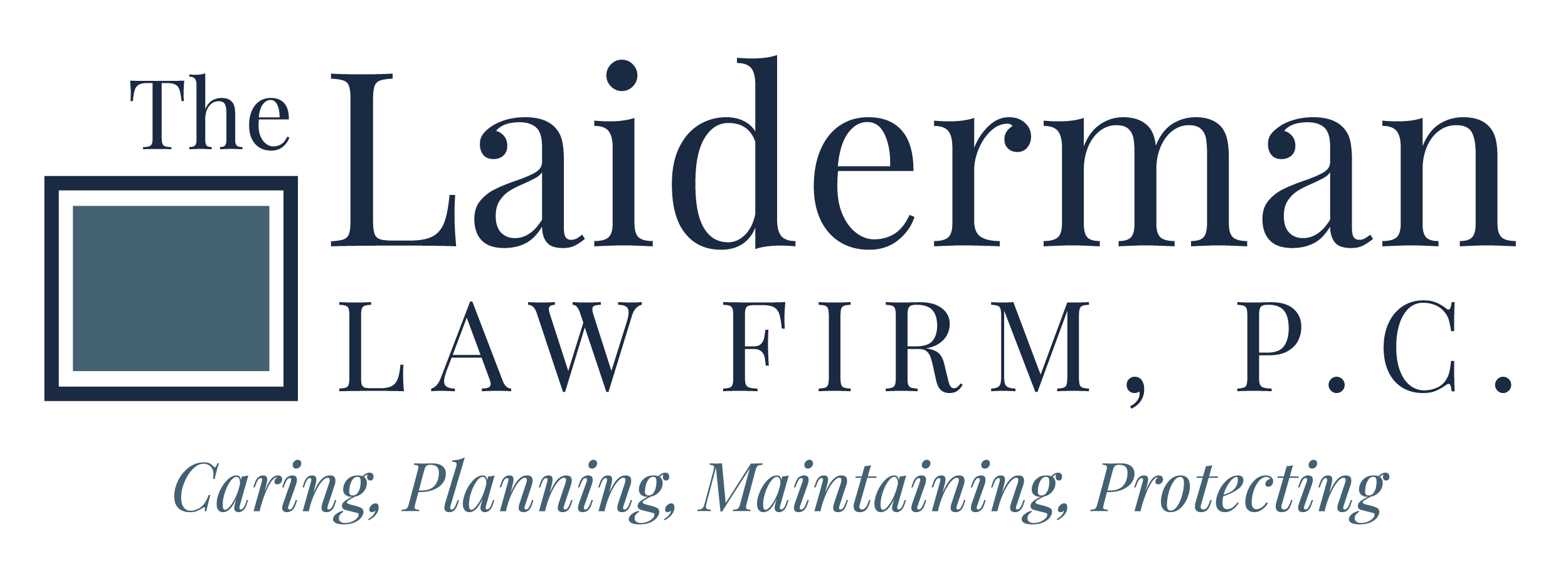 Many websites offer customized, do-it-yourself wills and other estate planning documents. Although such products are convenient, using them could create serious and expensive legal problems for heirs.
Many websites offer customized, do-it-yourself wills and other estate planning documents. Although such products are convenient, using them could create serious and expensive legal problems for heirs.
These digital services appear to offer a cost-effective and easy alternative to visiting an estate planning or elder law attorney. But is online estate planning worth the convenience and initial savings? While online services might work fine if you have little or no property, small savings or investments, and a traditional family tree, anyone whose needs are not simple should not try to create an estate plan without the help of an attorney.
And you’ll likely need a lawyer to definitively determine whether or not your needs are indeed simple. Do you have an estate that is taxable under state or federal law? Do you own significant amounts of tax-deferred retirement plans? Do you know how to fund a revocable trust? Is there anything about your estate that is unusual, such as having children from a previous marriage or a disabled child? If you have any questions about your estate plan, you need to see a professional.
The following are some examples of what can happen if you try to create an estate plan without the help of an attorney:
- Using an online generic will, a Florida woman listed several possessions and bank accounts that she intended to go to her brother. After writing the will, the woman inherited additional money and property. However, the woman did not have a “residuary clause” in the original will to say where additional assets should go, and she never revised the will to account for this new property. After she died, her brother argued he should be entitled to her entire estate, but her nieces countered that the estate should pass intestate (under the laws of her state as if she had died without a will). The case wound its way through the courts, with Florida’s supreme court finally ruling that because the will had no residuary clause or general bequests that could include the inherited property, the after-acquired property would pass under Florida’s laws of intestacy. This meant the brother was not the sole beneficiary. One of the justices called the case “a cautionary tale of the potential dangers of utilizing pre-printed forms and drafting a will without legal assistance.”Aldrich v. Basile (Fla., No. SC11-2147, March 27, 2014)
- A Massachusetts man used a pre-packaged will form to leave his home to his wife and his four grown children, the product of an earlier marriage. The problem was that the will didn’t give the wife the option to remain in the house for the rest of her life. A court case ensued because the children, who possessed the majority interest in the property, could have legally forced the wife to move.
- A Pennsylvania man wanted his estate to go to only two of his five children. He wrote his own will, giving his pickup truck to his daughter and his summer house to his son. He also wrote in the will that he was intentionally leaving out his other three children. The problem was that the man did not specify what to do with the remainder of his estate. He died leaving an estate of $217,000. While he probably intended for that money to go to the two children he didn’t disinherit, because the will had no residuary clause, the remainder of the man’s estate passed under the state law that specifies who inherits when there is no will. This meant the estate was divided between all five children. (In Re: Estate of George Zeevering, No. 316-2012, Nov. 7, 2012)
- The company LegalZoom, one of the most prominent sellers of do-it-yourself wills and other estate planning documents, settled a class action lawsuit brought an unhappy customer in California. A niece helped her uncle prepare a will and trust using LegalZoom. The niece believed that the documents they created would be legally binding and that if they encountered any problems, the company’s customer service department would resolve them. The niece could not transfer any of her uncle’s assets into the trust because the financial institutions that held his money refused to accept the LegalZoom documents as valid. She had to hire an estate planning attorney to fix the problems, and the attorney also discovered that the will LegalZoom created had not been properly witnessed. All this cost the uncle’s estate thousands of dollars. (Webster v. LegalZoom Inc., No. BC438637, Oct. 1, 2014)
The irony is that using a boilerplate will form in these cases not only frustrated the decedents’ testamentary intent, but ultimately cost their estates far more than a simple consultation with an estate planning or elder law attorney would have.
To get started on your estate plan or elder law planning, contact the Laiderman Law Firm.

